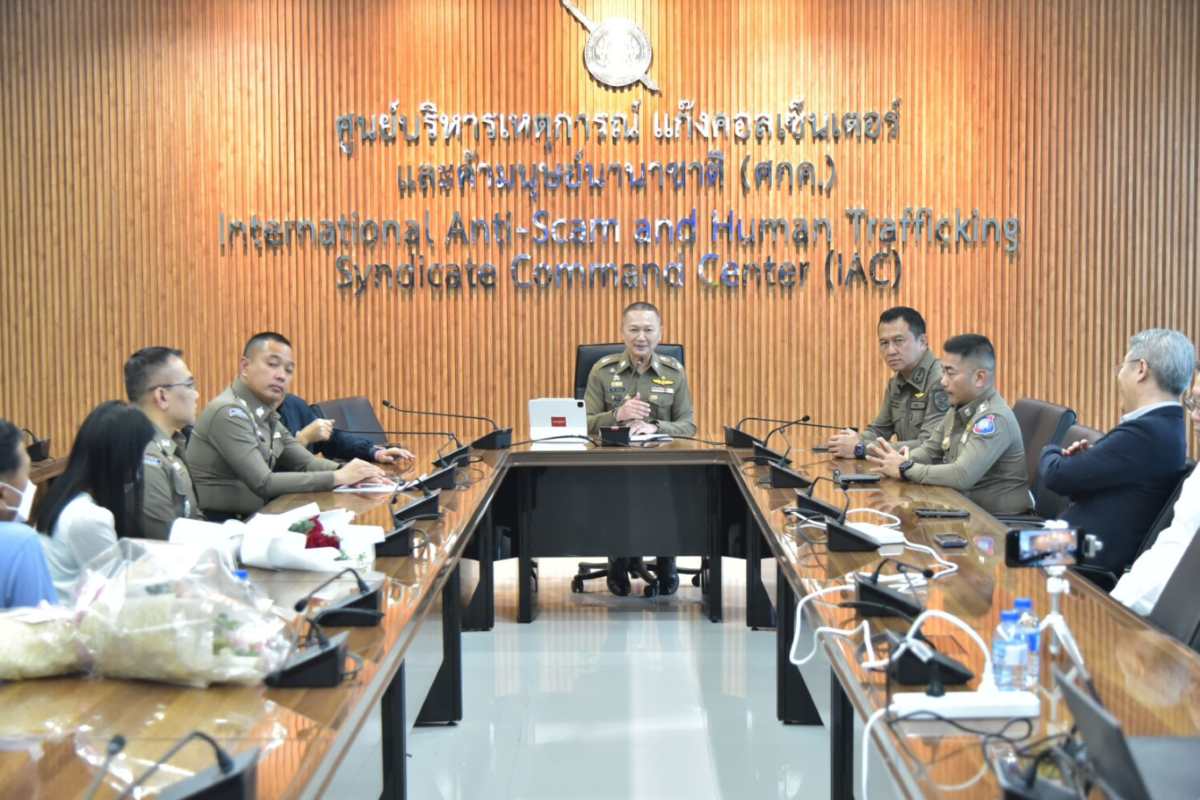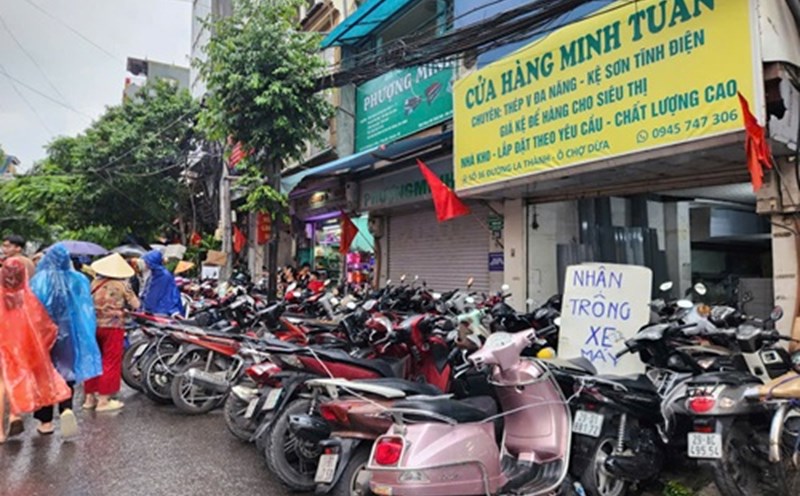Khaosod newspaper reported that the Royal Thai Police have just announced that they have returned more than 1.7 million baht ($52,000) to victims of online scams, within the framework of the "Money cash back" initiative - a program focusing on freezing assets of cybercriminals and quickly returning money to people.
Police General Thatchai Pitaneela Butr - Inspector General of the Royal Thai Police, who is also the head of the International Command Center for Anti-Fraud and Human trafficking (IAC) - said that the center has been fully operational since August 4, gathering all relevant Thai agencies under one roof to speed up the investigation, coordinate with banks to freeze accounts, track cash flow and arrest suspects.
"Overcoming transnational fraud rings is a huge challenge, but thanks to this centralized mechanism, tracing, arresting criminals and refunding money to victims becomes faster and more effective" - Mr. Thatchai affirmed.
According to the latest data, the rate of money recovered and returned to victims has increased from less than 10% to 27% in a short time. More than 200 cases have been successfully traced to the bottom of cash flow, with a series of assets, including cryptocurrencies, being frozen.
Notably, there are cases where police freeze their accounts even before the victim realizes that they are being scammed, thanks to the system detecting unusual transactions.
Some suspects were caught red-handed while withdrawing money at banks, with sufficient evidence collected to expand the investigation.
The center not only prioritizes quick arrestation but also sets a goal of restoring the victims' finances as soon as possible, Mr. Thatchai emphasized.

Although established with the goal of international cooperation, Thailand has announced that it will not invite Cambodia to participate in the anti-fraud center. The reason, according to General Thatchai, is that Cambodia does not provide data as agreed before and Bangkok is concerned about a possible leak of investigation information from the joint working group.
Meanwhile, India and Japan are the first two countries to participate in online coordination with the center. The next expected partners include China, the US and Myanmar, in which Myanmar is particularly important because many scams operate under the control of armed groups of minorities in the border area.
In another development, Japan has just received 29 citizens of its country arrested in Cambodia on suspicion of participating in fraud. They were spotted in May at a facility in the city of Poipet, near the Thai border - which was used as a "headquarters" to make fake police calls to defraud Japanese people.
The suspects, aged between 20 and over 50, were escorted back home on a charter flight and arrested by Japanese police as soon as the plane landed at Chubu airport on August 20.
Initial investigation shows that the group mainly did a phone call task, while the Poipet facility was managed by about eight Chinese speakers.
According to Xinhua, Cambodia's Special Commission against Online Fraud said that since August 27, the authorities have raided 72 online scams in 18/25 Cambodian provinces and cities, arresting 3,170 suspects of 19 different nationalities.











